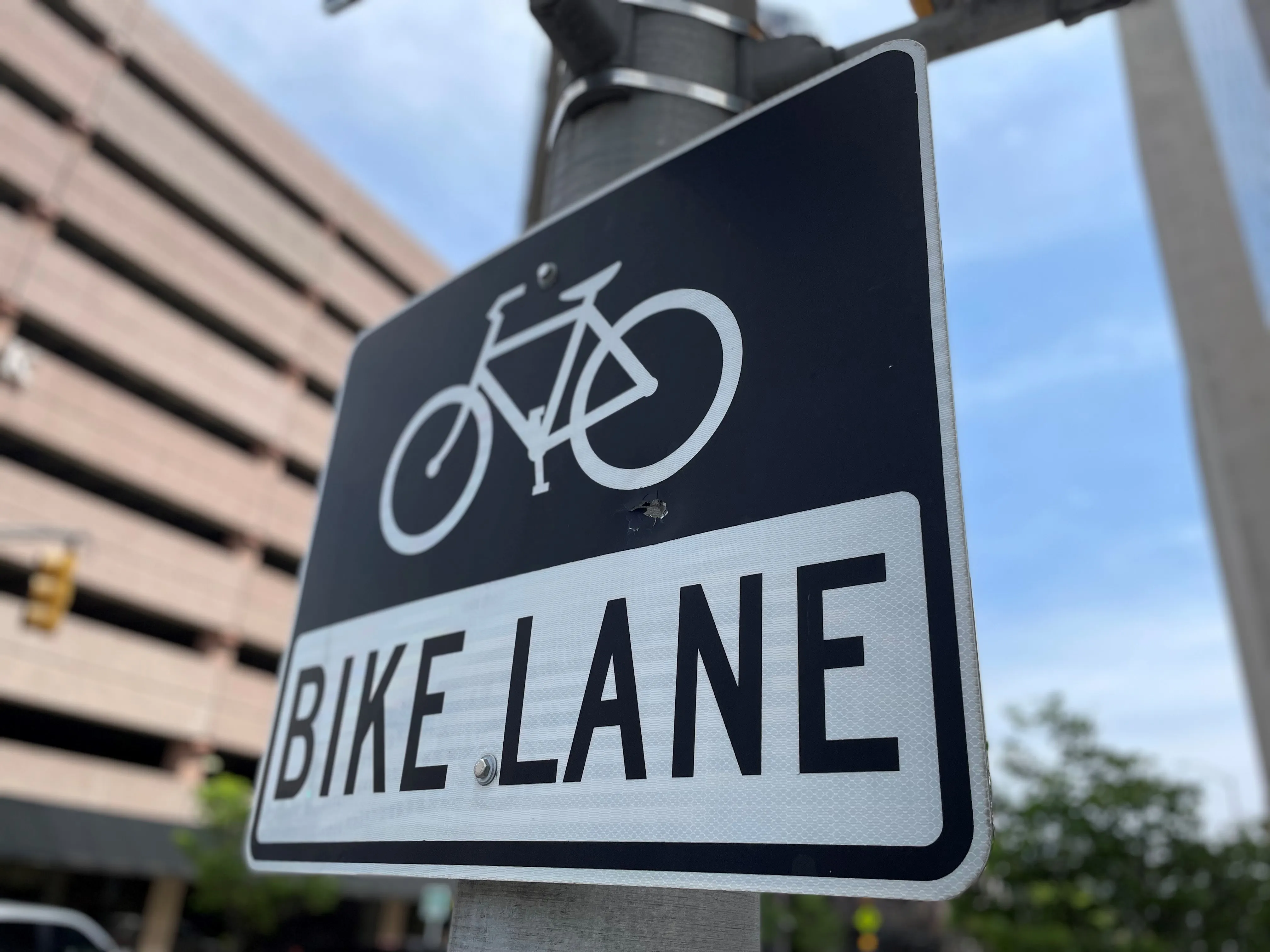UK proposals to alter existing advice in a bid to make vulnerable road users (VRUs) safer have been criticised by safety campaigners.
The
But IAM RoadSmart says this does not go far enough – and insists that longer-term measures to keep drivers and cyclists segregated in a safer cycling environment must be introduced.
As things stand, rule 170 of the code says that pedestrians have priority “if they have started to cross”. But it does not say who has right of way if someone is about to step off a pavement at the same time a vehicle arrives at a junction.
“For us it’s all about segregation, and safe streets for cycling and walking if you want to get cycle usage to really take off,” says Rebecca Ashton, head of policy and research at IAM RoadSmart.
“If the government is serious about wanting to increase the uptake of cycling and reduce the numbers of people killed and seriously injured on our roads, there has to be a long-term approach to a comprehensive cycle path network.”
IAM RoadSmart criticises UK Highway Code update proposal
UK proposals to alter existing advice in a bid to make vulnerable road users (VRUs) safer have been criticised by safety campaigners. The Department for Transport is considering a change to the Highway Code which would mean motorists should give way at all times to pedestrians and cyclists crossing at side roads. But IAM RoadSmart says this does not go far enough – and insists that longer-term measures to keep drivers and cyclists segregated in a safer cycling environment must be introduced. As things
October 22, 2018
Read time: 2 mins








